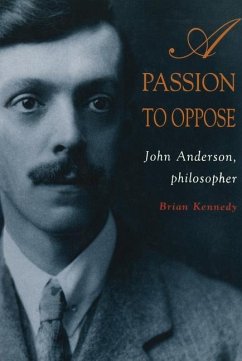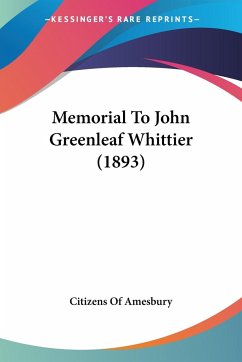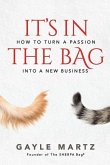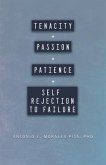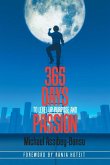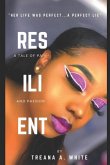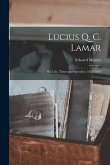John Anderson was Australia's most important philosopher in the first half of this century. The young Scotsman held the chair of philosophy at the University of Sydney for thirty years until retirement in 1958. He developed his own distinctive system of realism and fathered a vigorous local school characterised by inquiry, independence and a deep commitment to philosophy as a way of life. He was a formidable public figure and fierce controversialist who outraged many of Sydney's conventionally minded. From an early Marxist phase, he opposed all forms of censorship and mind control. This first biography of Anderson is no hagiography, containing much new material about Anderson's Scottish past and his conflicted public and private life. His relations with students were complex; with women, they were decidedly problematic. In the aftermath of a pragmatic revolution that has swept our universities and colleges, Anderson;s uncompromising calls to unfettered inquiry, and the Socratic way of life are timely.

